Beavers are hard on their teeth. They spend their lives chewing on wood, after all. But yet, they don’t need to worry about cavities or decay like humans.
And decay is indeed a huge problem for humans. Nearly 100 percent of all adults in the world get at least one cavity in their lifetime, while beavers happily chew away with healthy teeth. Until recently, no one knew the reason why.
A recent study from Northwestern University has gotten to the bottom of this mystery – and it may even help scientists find new ways to help prevent cavities in human teeth.
Why Beavers Have Tough Teeth
Beavers’ tooth enamel has a very similar structure to human enamel. But, when researchers examined their teeth with specialized imaging, they learned that the minerals inside the teeth made a difference in the tooth strength and resistance to acid.
Both beaver and human teeth contain a type of “nanowire” that holds enamel together. But, in the beavers’ teeth, the nanowires were surrounded by iron and magnesium. When subjected to acid, these minerals were much more resistant to erosion than the human enamel that was treated with fluoride.
This discovery gives medical researchers important information about which minerals can strengthen teeth and help prevent decay and acid erosion. Although no one would like to have the red appearance of iron in the beavers’ teeth, the information may be used to help dental experts find ways to improve the health of human teeth. It’s an intriguing discovery that may lead to future treatments for cavities and enamel wear.
What You Can Do
Since we don’t have the durability of beaver teeth, we need to practice good dental health habits to prevent cavities and enamel erosion. This includes brushing twice daily, flossing every day, and seeing your dentist at least every six months for exams and cleanings.
But beyond those basics, you should also be mindful of acid exposure, which can wear down your tooth enamel, weakening the teeth and causing permanent damage to your teeth’s protective layer. The following steps can help you protect your enamel from this damage:
- Minimize foods and drinks that are high in acid, such as soft drinks, sports drinks, coffee, and citrus fruits.
- If you do consume these, drink water afterward to help wash the acid from your mouth.
- Wait 30 minutes after eating any acidic foods before brushing your teeth. If you brush while your mouth is acidic, you could end up damaging your enamel.
Dr. Armstrong provides his patients with a full range of preventive dental services, as well as cosmetic, emergency, and restorative dental care in a comfortable, caring environment. He and his staff will help you keep your smile healthy and looking beautiful.
To schedule an appointment at our Houston dental office, please contact us today!
Visit Our Office
Office Hours
- MON8:00 am - 6:00 pm
- TUE8:00 am - 6:00 pm
- WED8:00 am - 6:00 pm
- THU8:00 am - 6:00 pm
- FRIClosed
- SATClosed
- SUNClosed
10370 Richmond Ave. Ste 310,
Houston, TX
Phone : (832) 251-1234Text Us : (832) 251-1234






